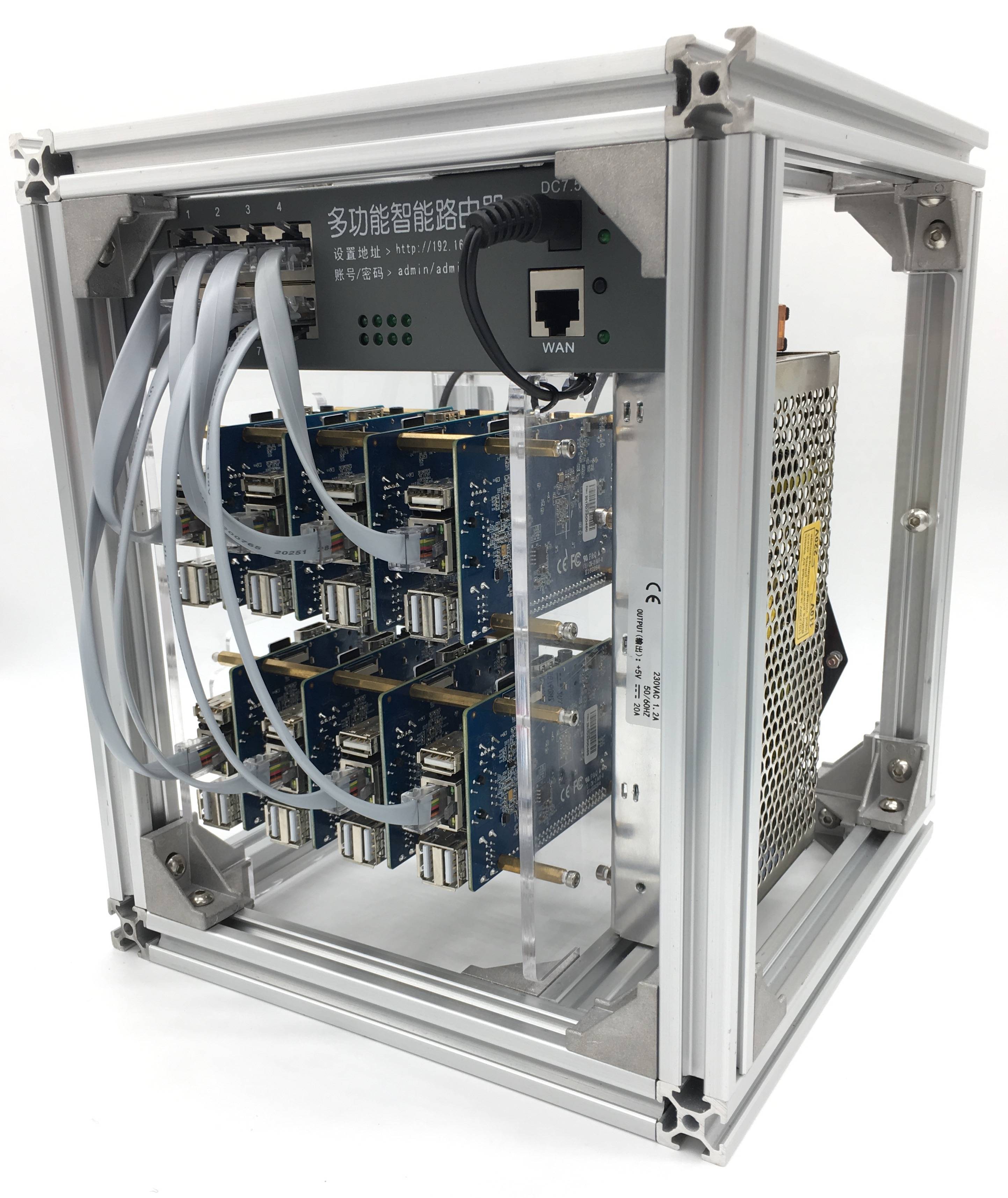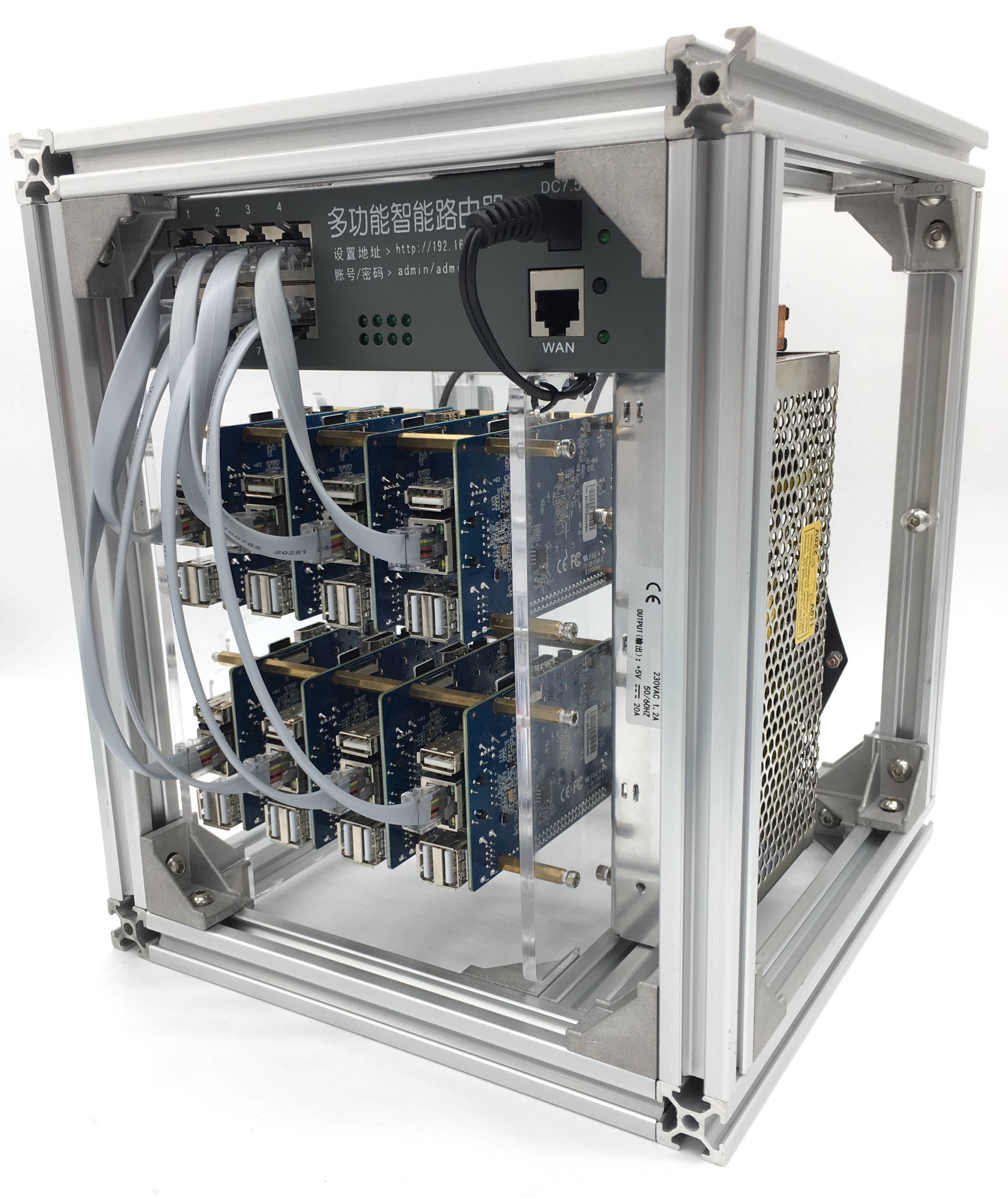 Back to list
Back to list
Skywire Miner: Hardware for the Next Internet
Sign up to our mailing list for Skywire Miner updates: http://eepurl.com/c4DyAv
How can we create a truly free and open internet? To answer this question, we developed Skywire, the new alternative internet. Skywire is a groundbreaking, novel technology that takes control from large internet service providers (ISPs) and gives it back to the users. Its peer-to-peer model promotes net neutrality and sharing of content without blocking, slowdowns, or censorship. Skywire’s open-access network preserves privacy and encourages free speech. Our mission in creating Skywire is to shape the internet’s future for the better.
Skywire’s revolutionary new networking protocol is already changing the internet as we know it. The protocol is based on Multi-Protocol Label Switching (MPLS). Benefits of MPLS include speed, quality of service, reliability, and security. Skywire goes beyond these standards to deliver an even faster, better network. It’s designed for high performance and maximum privacy, allowing users to bypass ISPs and take control of their experience, essentially becoming their very own ISP.
Skycoin is the currency of Skywire, giving it a practical application beyond just a digital currency. When the user forwards traffic or provide network resources, he or she receives Skycoin. Likewise, when the user consumes network resources or media, he or she spends Skycoin. Users can maximize their coins in two ways: having high bandwidth in high-traffic areas, or having highly sought-after content.

The Skywire “miner” is meticulously designed and configured to provide a backbone for the new internet. Its custom-built hardware exceeds technical specifications to deliver maximum power and performance. Skywire functions as a “miner” for Skycoins. It acts as a specialized VPN, using the following hardware configuration:
- 8 CPU boards
- 2 GB of RAM per board
- 4 CPU cores per board
- 64 GB of storage per board
- 64-bit Linux (Alpine Linux)
- Gigabit ethernet, 8+1 port switch
Each board features an ARM processor, 2 GB of RAM, and anywhere from 32 to 256 GB flash storage. The hardware is segmented in such a way that even if one service is compromised, the other services on the same machine can’t be. An OpenWRT router with strict packet forwarding rules and access control increases security. The setup can be further customized to consist of 4, 8, 16, or 32 boards.

Users can deploy nodes manually, but automatic deployment is just around the corner. Sky-Messenger will provide a chatbot that allows users to peer clusters by public key. Once metering and settlement is implemented, Skywire will generate coins for operating the network.
Plans are already in place for second-generation hardware, which will include an OLED screen that displays RAM/CPU/Bandwidth and Skycoins per hour, an OpenWRT router, SATA ports on the board for at least 4 CPU boards, and 32 and 64 board models. The network runs on its own internal internet with dedicated hardware. In the future, the above hardware configuration will be extended to support physical wireless mesh networks.
Skywire distributes content faster and more anonymously than other alternatives. It does this by combining two powerful components: Aether and Skywire. Aether is a peer-to-peer replicated object system that powers the distribution of anonymous and immutable web content. Traditional internet apps for video streaming, messaging, and other services can all be run on Aether. Skywire, the second component, forms the backbone of the distributed networking system. It’s a source-routed, public MPLS network built in a unique namespace and on a new networking stack. Skywire users essentially function as their own ISPs.
With Skywire, a local cache holds resources without connecting to the external internet. File downloads are copied directly into the local cache. Peers who are looking for that file can get it from you and pass it along the network. By leveraging peer-to-peer technology in an innovative and unique way, Skywire provides a viable internet alternative that’s secure, fast, and sustainable.
The internet’s future is balanced between large ISPs that restrict content for profit and cutting-edge network technology that brings the internet to you, the user. Skywire is at the vanguard of this revolution. The truth is, we don’t need to rely on ISPs to explore the internet. With Skywire’s networking protocol, we’re creating a free, global, decentralized internet experience that’s unlimited by the current market. Our vision for Skywire goes beyond transformation. As we continue to develop this trailblazing technology, one thing becomes clear: Skywire won’t just change the internet. It will reinvent it.
Details
We want the Skywire miner released in the next 6 months. Ideally it would be released within the next 3 months, but testing alone could take a few months. We also need to work out the logistics of assembly and shipping.
The 6 months target is still a soft date. Until the hardware and software is entering the full testing phase, we do not want to promise any date. We will not be collecting orders until we are confident about when the miners can be delivered.
Join the Skycoin Telegram for discussion of the Skywire miner and network.
There will be 300 units available for purchase. When we are ready to take orders, a form on the website will allow you to register for one.
The price will be 1 BTC for 1 unit. Purchasers will receive:
- Skywire miner
- An amount of Skycoin equal to 1 BTC minus the hardware cost (estimated to be around $600), based on market rates at the time of purchase.
Nodes operating on the Skywire network will be receiving a network incentive reward to help build out the network, in addition to traffic forwarding payments. For the Skywire miners, we’d like to increase this network incentive reward. However, we’re still working out a mechanism for distinguishing the Skywire miners from other nodes, which could be any machine on the network.
The value and structure of the general network incentive reward is not yet specified. More information on this will be in a future release.

 Telegram
Telegram